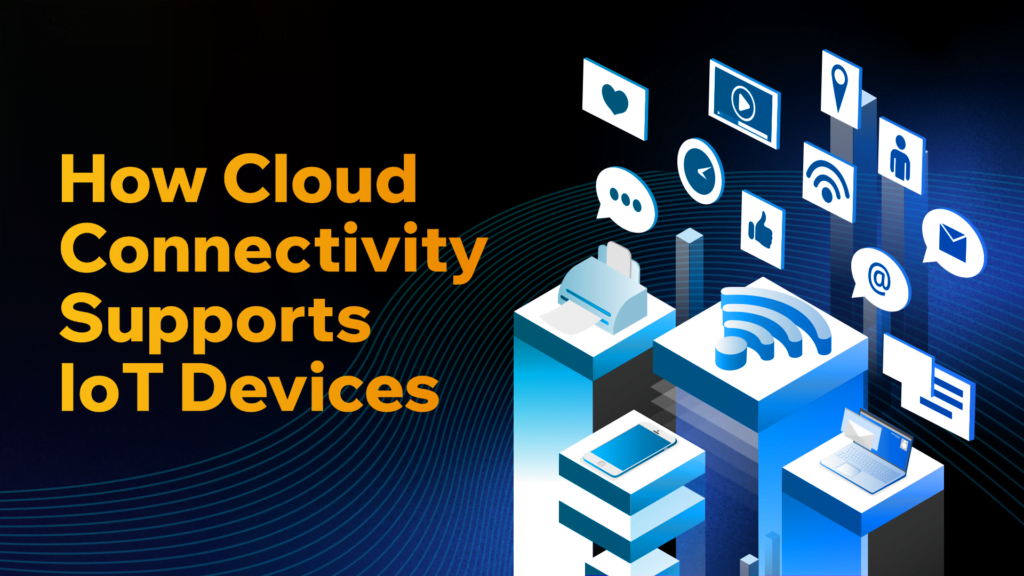
Cloud connectivity plays a crucial role in supporting Internet of Things (IoT) devices by providing the infrastructure needed for data storage, processing, and communication. Here’s how cloud connectivity supports IoT devices:
1. Data Storage and Management
IoT devices generate vast amounts of data, which need to be stored securely and accessed efficiently. Cloud platforms offer scalable storage solutions that can handle this data influx. They provide organized storage systems, such as databases and data lakes, that facilitate easy retrieval and management of data.
2. Data Processing and Analytics
Cloud services provide powerful computing resources that can process and analyze data in real-time or batch mode. This capability is crucial for extracting meaningful insights from the raw data generated by IoT devices. Cloud-based analytics platforms can apply machine learning algorithms and predictive analytics to this data, enabling more intelligent decision-making.
3. Scalability
Cloud platforms can scale up or down based on demand. This flexibility ensures that IoT systems can handle varying loads without the need for significant upfront investment in physical infrastructure. Scalability is particularly important for IoT applications that experience fluctuating levels of data generation and user interaction.
4. Real-time Monitoring and Control
Cloud connectivity enables real-time monitoring and control of IoT devices. Data from sensors and devices can be transmitted to the cloud where it can be monitored and analyzed in real time. This capability allows for immediate responses to changing conditions and supports applications like smart homes, industrial automation, and healthcare monitoring.
5. Remote Access and Management
Cloud services provide the infrastructure for remote access and management of IoT devices. This means that devices can be monitored, updated, and controlled from anywhere in the world. Remote access is critical for maintaining IoT systems, especially in widely distributed applications like smart cities or agricultural monitoring.
6. Security
Cloud providers offer advanced security features to protect data and ensure the integrity of IoT systems. These features include encryption, authentication, access control, and regular security updates. Using cloud services can help mitigate the security challenges associated with managing IoT devices and their data locally.
7. Integration with Other Services
Cloud platforms offer a wide range of services that can be integrated with IoT systems. These include artificial intelligence (AI) and machine learning (ML) services, big data tools, and connectivity services like message queuing and notification systems. Integration with these services can enhance the functionality and intelligence of IoT applications.
8. Cost Efficiency
Using cloud services can be more cost-effective compared to setting up and maintaining on-premises infrastructure. Cloud providers operate on a pay-as-you-go model, allowing businesses to pay only for the resources they use. This model helps reduce capital expenditure and operational costs.
9. Interoperability
Cloud platforms often support multiple communication protocols and standards, facilitating interoperability among diverse IoT devices and systems. This interoperability is essential for creating cohesive IoT ecosystems where devices from different manufacturers can work together seamlessly.
10. Deployment Speed
Deploying IoT solutions via the cloud can be faster and more straightforward than setting up physical infrastructure. Cloud platforms provide ready-to-use services and tools that accelerate the development and deployment of IoT applications, reducing time-to-market.
In summary, cloud connectivity enhances the functionality, scalability, security, and cost-effectiveness of IoT systems, enabling more sophisticated and responsive applications. By leveraging cloud services, businesses can efficiently manage and derive greater value from their IoT deployments. Providers like DCConnect, offering robust cloud connect services, play a crucial role in this ecosystem, facilitating seamless integration and management of IoT solutions across various industries.



